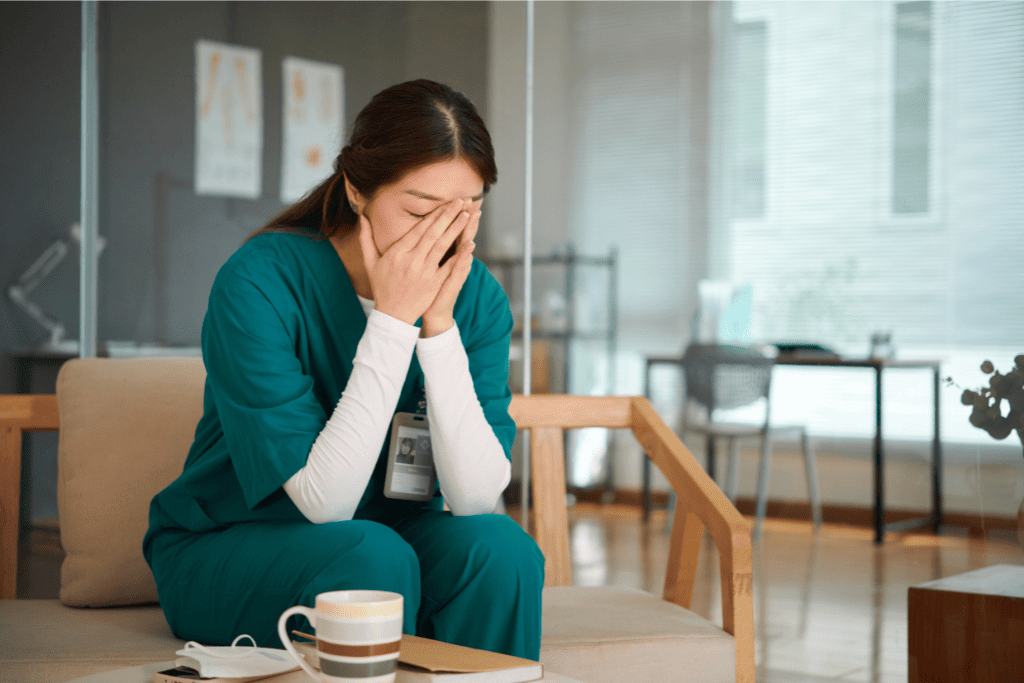Therapy, often referred to as psychotherapy or "talk therapy," is a cornerstone of mental health treatment. Regular, structured conversations with a trained mental health professional help patients explore thoughts, feelings, behaviors, and relationships.
Therapy is not about simply venting; it's a process of self-discovery, learning, and developing healthier coping mechanisms. There are various types of therapy, each with its own focus and techniques:
Cognitive Behavioral Therapy (CBT): Focuses on identifying and changing negative thought patterns and behaviors that contribute to emotional distress.
Dialectical Behavior Therapy (DBT): Teaches skills for emotional regulation, distress tolerance, interpersonal effectiveness, and mindfulness, particularly helpful for individuals with intense emotional experiences.
Psychodynamic Therapy: Explores unconscious patterns and past experiences to understand present difficulties and develop healthier coping strategies.
Interpersonal Therapy (IPT): Focuses on improving communication patterns and resolving interpersonal conflicts.
Family Therapy: Involves family members in the therapeutic process to improve communication and resolve family dynamics.
Benefits of Therapy
Therapy is ideal for a wide range of concerns, including anxiety disorders, depression, trauma, grief, relationship issues, stress, and more. It empowers individuals with tools to navigate life's complexities long after sessions conclude. Here are the benefits of this approach:
● Identifying patterns and root causes
● Building coping skills and emotional resilience
● Improving relationships and self-awareness
● Developing problem-solving abilities
● Processing trauma and grief
Also Read: Is Ketamine Right for You? A New Approach to Psychiatric Care
How Medication Helps: The Role of Psychiatric Drugs
Medication management, when overseen by a qualified psychiatrist, plays a crucial role in treating many mental health conditions. Psychiatric drugs work by altering brain chemistry to alleviate symptoms and restore a more balanced state.
There are several types of psychiatric medications, each designed to target specific symptoms or conditions:
Antidepressants: Used to treat depression, anxiety disorders, and some chronic pain conditions. They work by regulating neurotransmitters like serotonin, norepinephrine, and dopamine.
Anti-anxiety medications (Anxiolytics): Prescribed for anxiety disorders, panic attacks, and acute stress. They help reduce feelings of worry, tension, and panic.
Mood Stabilizers: Primarily used to treat bipolar disorder, helping to even out extreme mood swings (manic and depressive episodes).
Antipsychotics: Prescribed for conditions like schizophrenia, bipolar disorder, and severe depression, helping to manage symptoms like hallucinations, delusions, and severe mood disturbances.
Stimulants: Commonly used to treat Attention-Deficit/Hyperactivity Disorder (ADHD) by improving focus, attention, and impulse control.
Benefits of Medication for Psychiatric Care
Medication is ideal for moderate to severe depression, bipolar disorder, schizophrenia, panic disorder, severe anxiety disorders, and conditions where symptoms significantly interfere with daily functioning and quality of life. Medication management offers the following benefits:
● Quick symptom relief for severe or acute distress
● Helps regulate mood, sleep, and focus
● Reduces the intensity of debilitating symptoms
● Manages chronic conditions
Medication vs. Therapy: Key Differences
While both therapy and medication are powerful tools in mental health treatment, they address different aspects of a condition:
Therapy addresses underlying causes and thought patterns by delving into your experiences, relationships, thought processes, and behavioral patterns.
It helps equip you with coping skills, self-awareness, and strategies to change unhealthy behaviors and thought distortions (aka how to manage your mental health).
Medication treats chemical imbalances and stabilizes symptoms on a physiological level, targeting specific neurotransmitters in the brain to reduce the severity of symptoms.
Medication management helps restore chemical balance to feel better and function more effectively, alleviating the symptoms of your mental health condition.
One isn’t inherently "better" than the other; they serve different roles in the overall treatment landscape. Therapy provides tools and insights, while medication provides stabilization.
When to Start With Therapy Alone
- Mild to moderate symptoms: If your symptoms are not severely debilitating and you are still able to function in your daily life, therapy may be sufficient.
- Self-insight and behavioral change: If you are motivated to explore your inner world, understand the root causes of your difficulties, and work on changing behaviors and thought patterns, therapy can be incredibly empowering.
- Preference to avoid medication: Some individuals prefer non-pharmacological interventions first, or they may have medical conditions that make medication less suitable.
- Access to consistent, quality therapy: The effectiveness of therapy requires consistent attendance and a strong therapeutic relationship. If you have access to a qualified therapist and can commit to regular sessions, starting with therapy alone is a viable option.
- Specific concerns: Therapy alone is often highly effective for adjustment disorders, grief, relationship issues, stress management, and mild anxiety or depression.
When Medication Might Be Necessary
- Severe or persistent depression or anxiety: If symptoms are overwhelming despite therapeutic efforts or impair daily life.
- Symptoms interfere with daily functioning (sleep, work, appetite): When mental health symptoms severely disrupt essential life functions, medication can provide the stability needed to engage in therapy and regain control.
- Suicidal thoughts or self-harm risk: Any indication of suicidal ideation or self-harm behaviors necessitates immediate and often aggressive intervention, which frequently includes medication to stabilize mood and reduce impulsivity.
- Prior therapy without improvement: If you have diligently engaged in therapy for a reasonable period and have seen little to no improvement in your symptoms, medication may be needed for necessary relief.
- Certain psychiatric conditions: Conditions like bipolar disorder, schizophrenia, or severe panic disorder often require medication as a primary treatment due to their biological underpinnings.
Also Read: Navigating Psychiatric Care for Teens: A Parent’s Complete Guide
Why a Combination Often Works Best
For many mental health conditions, research overwhelmingly demonstrates that a combination of medication and therapy often yields the most effective and sustainable results.
Studies, particularly for major depression, anxiety disorders, and certain forms of OCD, indicate that combination therapy leads to greater symptom reduction, faster improvement, and a lower likelihood of relapse versus either treatment alone.
Medication can stabilize brain chemistry, reducing the intensity of debilitating symptoms like severe anxiety or profound sadness. Immediate relief can create the mental space and energy needed to effectively engage in therapy.
Therapy then provides the deeper work: identifying triggers, processing emotions, developing coping strategies, and gaining self-awareness.
Furthermore, medication offers a crucial "bridge" out of acute distress, allowing individuals to participate more fully in therapy.
Therapy then equips them with the psychological tools and insights to manage future challenges and maintain well-being, even if medication is eventually tapered off.
The fact is that mental health conditions often have complex origins, involving both biological predispositions and psychological or environmental factors. Combination therapy offers a holistic approach by addressing both aspects simultaneously.
A psychiatrist, particularly the best psychiatrist for therapy and meds, can expertly guide this integrated approach, adjusting both medication and therapeutic strategies as needed.
Working With a Mental Health Professional
Embarking on a mental health journey is a significant step toward healing, and working with a qualified mental health professional is crucial for personalized care and effective treatment for:
- Psychiatric evaluation and diagnosis
- Coordinated care between the therapist and the prescribing provider
- Reassessing over time—what works may change as you heal
Los Angeles Psychiatric Care
The decision of whether to pursue medication, therapy, or a combination for mental health treatment is deeply personal. There’s truly no one-size-fits-all answer, as the most effective path depends on your unique symptoms, diagnosis, preferences, and life circumstances.
The overarching goal of any mental health treatment is to help you feel better, function well in your daily life, and gain the tools and strategies for long-term emotional resilience.
Whether it's through the stabilizing effects of medication, the profound insights of therapy, or their synergistic power, finding relief and improving your quality of life is 100% achievable.
Take the next step to improving your mental health. Schedule an appointment with psychiatrist Dr. Marc Heiser in Los Angeles for holistic, compassionate care.

.png)


.jpg)